
Mild acne can be successfully treated with over-the-counter (OTC) products. But most of the cases does not respond well to these treatments. Here, it is best to consult the doctor about acne treatments.1 One should consult a dermatologist if:
- Acne makes one shy or embarrassed.
- Products tried have not worked.
- Acne is leaving scars or darken the skin.2
Here’s what one can expect when consult a board-certified dermatologist.3

A dermatologists can help treat existing acne, prevent new breakouts and reduce the chance of developing scars.2 Dermatologist can diagnose acne by looking at the breakouts. The types of acne and where the breakouts appear on skin will also be noted. This helps a dermatologist to create an effective treatment plan.
How do dermatologists treat acne?
The acne treatment plan that’s right for you depends on many factors, such as:
- What type of acne (i.e., blackheads, pimples, etc.) one have
- Where the acne appears on the skin
- What treatments already tried
- When the breakouts started
- Whether the acne has left dark spots or scars
- Age3
- If Pregnant, breastfeeding or trying to become pregnant
- Allergic to any previous treatments one may have tried for acne4
These are some treatments that may be included while, a treatment can vary from one patient to the next, even when 2 patients have the same type of acne, and treatment may consist of:3
Treatment applied to the skin
Dermatologist may refer to this as “topical treatment,” that are applied to the skin help treat mild to moderate acne. It also help prevent new blemishes, whiteheads and blackheads and unclog pores so it is important to apply them to the entire area affected by acne.
Some of the active ingredients in these topical acne treatments can include retinoids, salicylic acid, benzoyl peroxide, and antibiotics such as dapsone, clindamycin or sodium sulfacetamide. A dermatologist will know what will be most effective for you.4
Medicine that works throughout the body
Also called “systemic treatment,” it helps to treat moderate to severe acne. One might receive a prescription for an antibiotic like minocycline, doxycycline, tetracycline or another medicine. These antibiotics can treat acne that covers a large area of the body.4
Sometimes acne needs extra help
To get the best possible results, dermatologist may also recommend adding one of the following to the treatment plan:
-
Laser or light therapy: Can help clear acne and works best when combined with other acne treatment.

- A corticosteroid injection: Recommended for a large, extremely painful and deep acne breakout. This can rapidly relieve the pain and the size of the breakout. Though effective, it is reserved for treating a few severe acne breakouts.
- A healthy diet: What you eat can also help to give clearer skin. If you think that what you’re eating could be causing breakouts, be sure to find out what the research shows.3
How dermatologists treat severe acne
When a patient has severe acne, a dermatologist often recommends treating it with:
- Antibiotic + medicine apply to the acne: First recommended treatment for severe acne. It can reduce the redness and swelling of acne. If it fails to give the clear skin, dermatologist may switch antibiotic or talk about isotretinoin.
- Isotretinoin: A potent medicine that attacks all four causes of acne—bacteria, clogged pores, excess oil, and inflammation. About 85% of patients see permanent clearing after one course. But, due to possible side effects, one need to carefully consider before taking this medicine and must enroll in a monitoring program if administered.
- Birth control pill (females only): Can be an effective part and may be used along with an antibiotic or a medicine called spironolactone to get the acne under control. It is important to tell dermatologist about all the medical conditions, including heart disease.
- Acne removal: Dermatologist can use a few different techniques to remove a large cyst or nodule. Either by injecting a corticosteroid to quickly reduce the size and pain or using a procedure called incision and drainage. It used to drain a large, painful acne cyst or nodule that medicine cannot clear. A procedure called acne extraction is done to remove whiteheads and blackheads that fail to clear with acne treatment. 5

- Chemical peels: Dermatologists use peels for treatment of some types of acne and other skin conditions.7 It is a widely used procedure for the management of acne and acne scars. Chemical peels use as an adjuvant in the management of acne and as a 1st line for treatment of acne scars. Most of the peeling agents safe, efficacious, and easy to use. Also, chemical peeling is affordable and with minimal downtime, and can be performed in any dermatologist's office as compared to newer technologies for acne and acne scars.8 As per recent data, superficial and medium depth peels could be effective treatment options for patients with mild to moderate acne.9
- Hormonal treatment (females only): Effectively treat severe acne in women and reduces excess oil. If this may be an option, be sure to tell dermatologist about all the medical conditions. Or a super-potent corticosteroid prescribe by dermatologists to treat very serious type of severe acne called acne fulminans. It’s also used to treat pityrosporum folliculitis, an itchy, acne-like rash.5
How can acne scars be treated?
Once the acne is under control, dermatologist can treat the acne scars by using lasers, chemical peels, microdermabrasion, fillers, and other.4
Adherence to the treatment
Once the doctor has prescribed a treatment, one should use it properly and continue till recommended. Most of the acne medications initially can cause dryness, peeling, flaking, redness, and irritation and/or acne flare-ups. These effects can lead some to stop treatment early. Instead, ask and understand why the doctor had prescribed certain treatment, how to use it and for how long, what results to expect and when improvement can be expected.
Doctor may suggest using a moisturizer to reduce dryness and scaling. Skin should be used to the product after 2-4 weeks and should be able to apply and leave on all day/night without significant irritation. Any skin irritation because of the treatment should decrease after few days of use.6
References:
- When to See a Dermatologist for Your Acne, https://www.verywellhealth.com/why-to-see-a-dermatologist-about-your-acne-15766, last access on 3rd November 2020.
- ACNE: TIPS FOR MANAGING, © 2020 American Academy of Dermatology Association, https://www.aad.org/public/diseases/acne/skin-care/tips, last access on 3rd November 2020.
- ACNE: DIAGNOSIS AND TREATMENT, © 2020 American Academy of Dermatology Association, https://www.aad.org/public/diseases/acne/derm-treat/treat, last access on 3rd November 2020.
- Dermatology Patient Education, Acne, © 2016 American Academy of Dermatology, https://puredermatologybozeman.com/wp-content/uploads/2018/07/dpe_document001_en.pdf, last access on 3rd November 2020.
- WHAT CAN CLEAR SEVERE ACNE?, © 2020 American Academy of Dermatology Association, https://www.aad.org/public/diseases/acne/derm-treat/severe-acne, last access on 3rd November 2020.
- Acne, © 2020 Canadian Dermatology Association, https://dermatology.ca/public-patients/skin/acne/, last access on 3rd November 2020.
- CHEMICAL PEELS: OVERVIEW, © 2020 American Academy of Dermatology Association, https://www.aad.org/public/cosmetic/younger-looking/chemical-peels-overview, last access on 26th November 2020.
- Handog EB, Datuin MSL, Singzon IA, Chemical Peels for Acne and Acne Scars in Asians: Evidence Based Review, J Cutan Aesthet Surg. 2012 Oct-Dec; 5(4): 239–246.
- Torjesen I, Chemical peels effective for mild to moderate acne, https://www.dermatologytimes.com/view/chemical-peels-effective-mild-moderate-acne, February 4, 2019, last access on 26th November 2020.
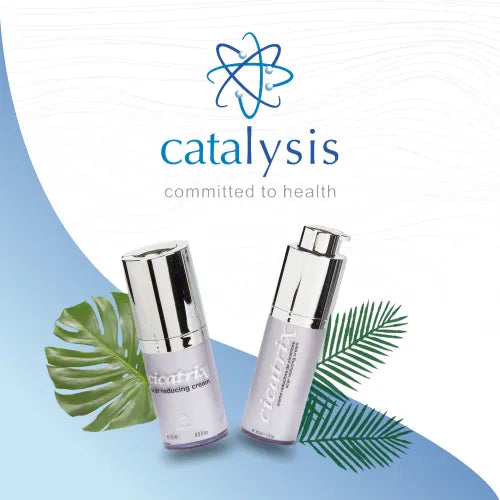
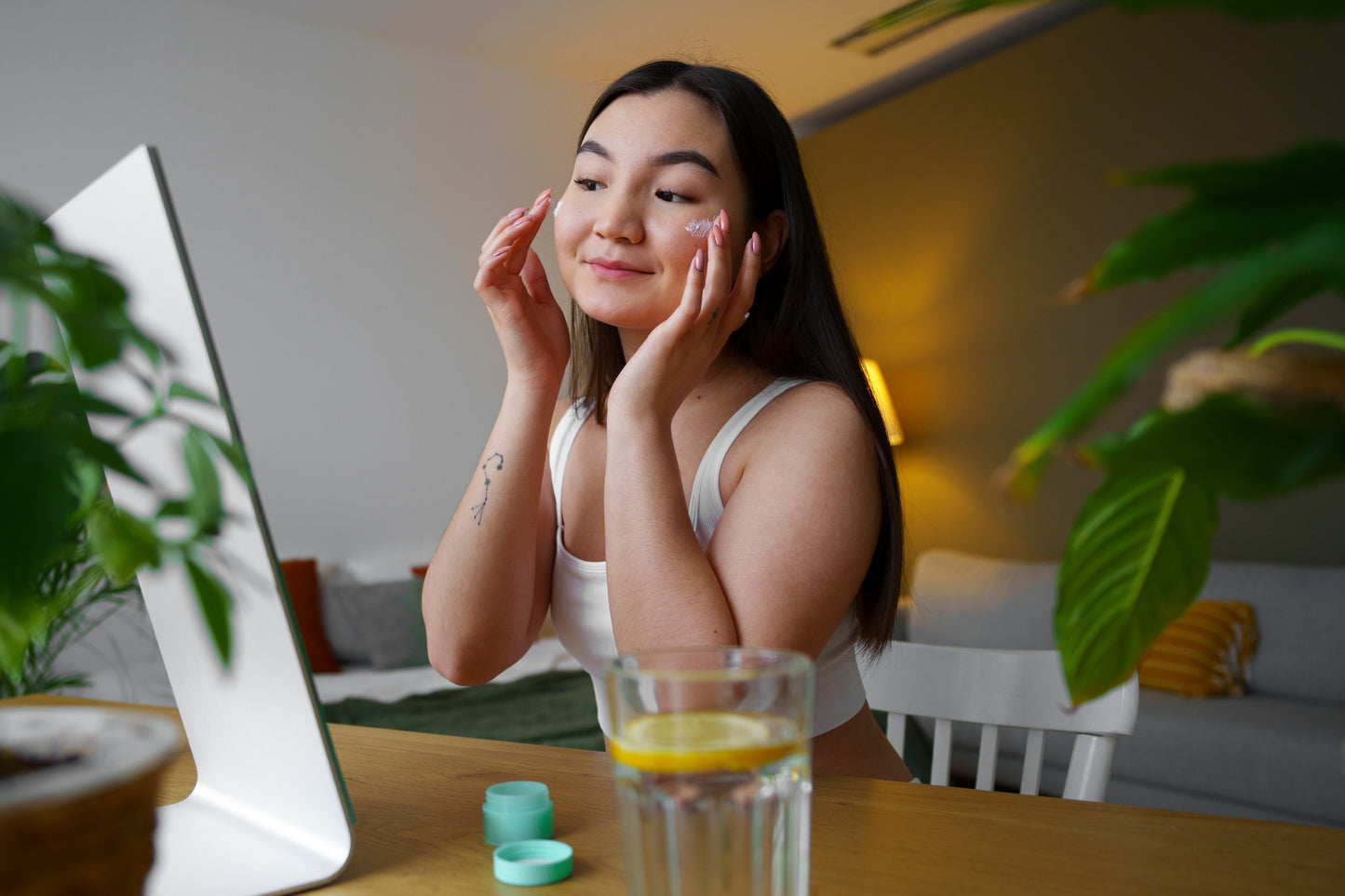
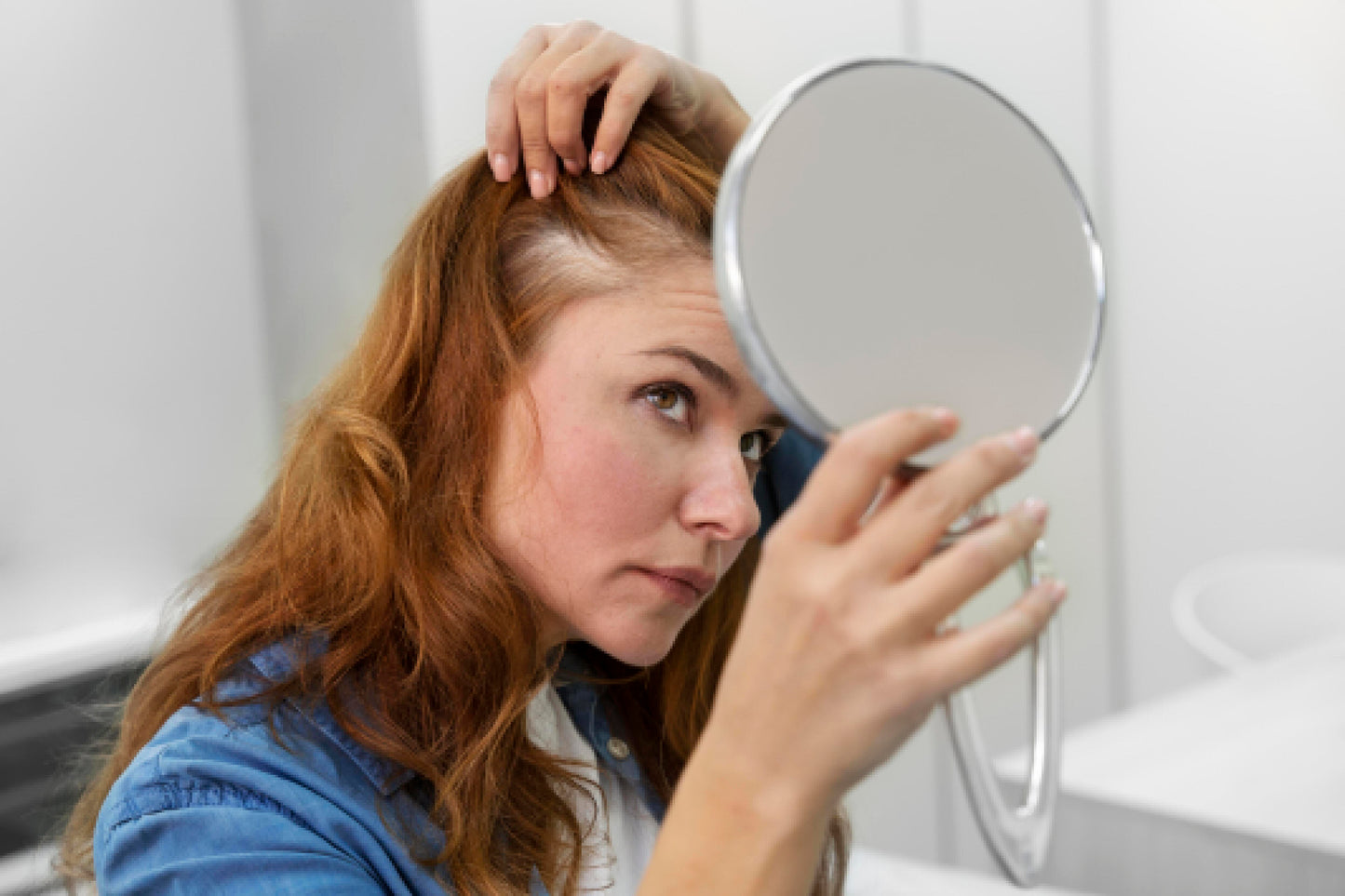

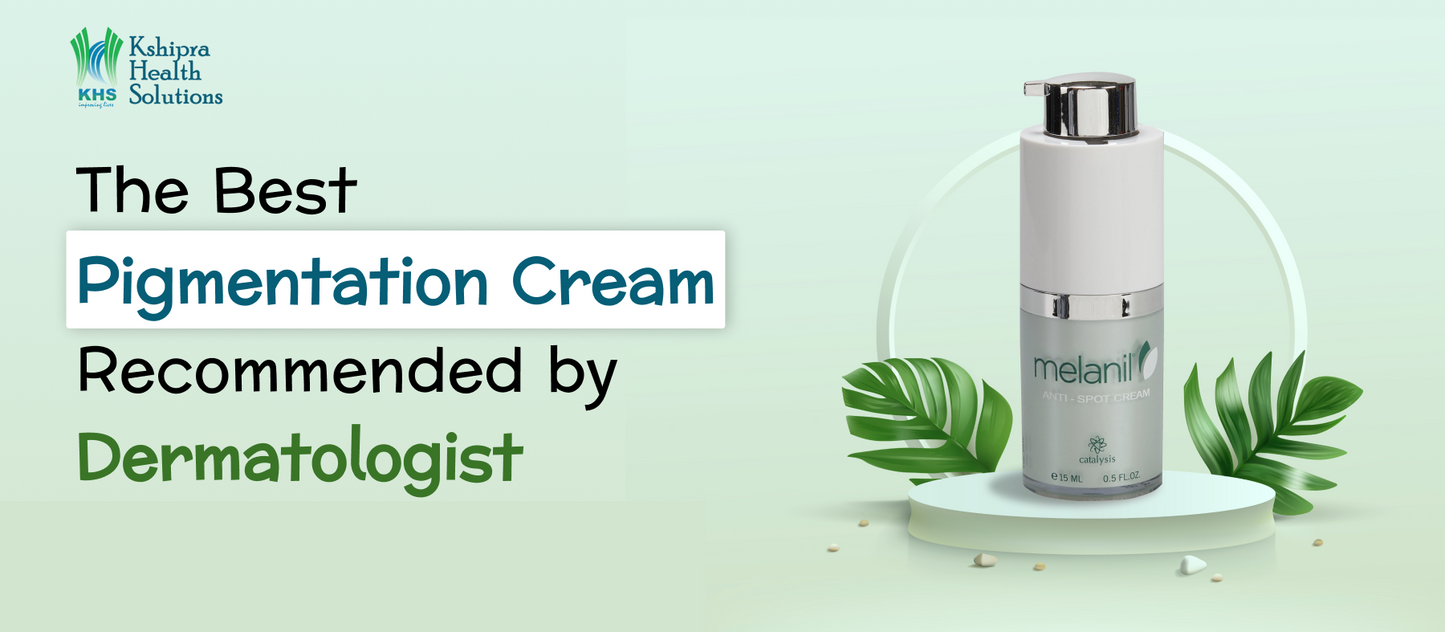

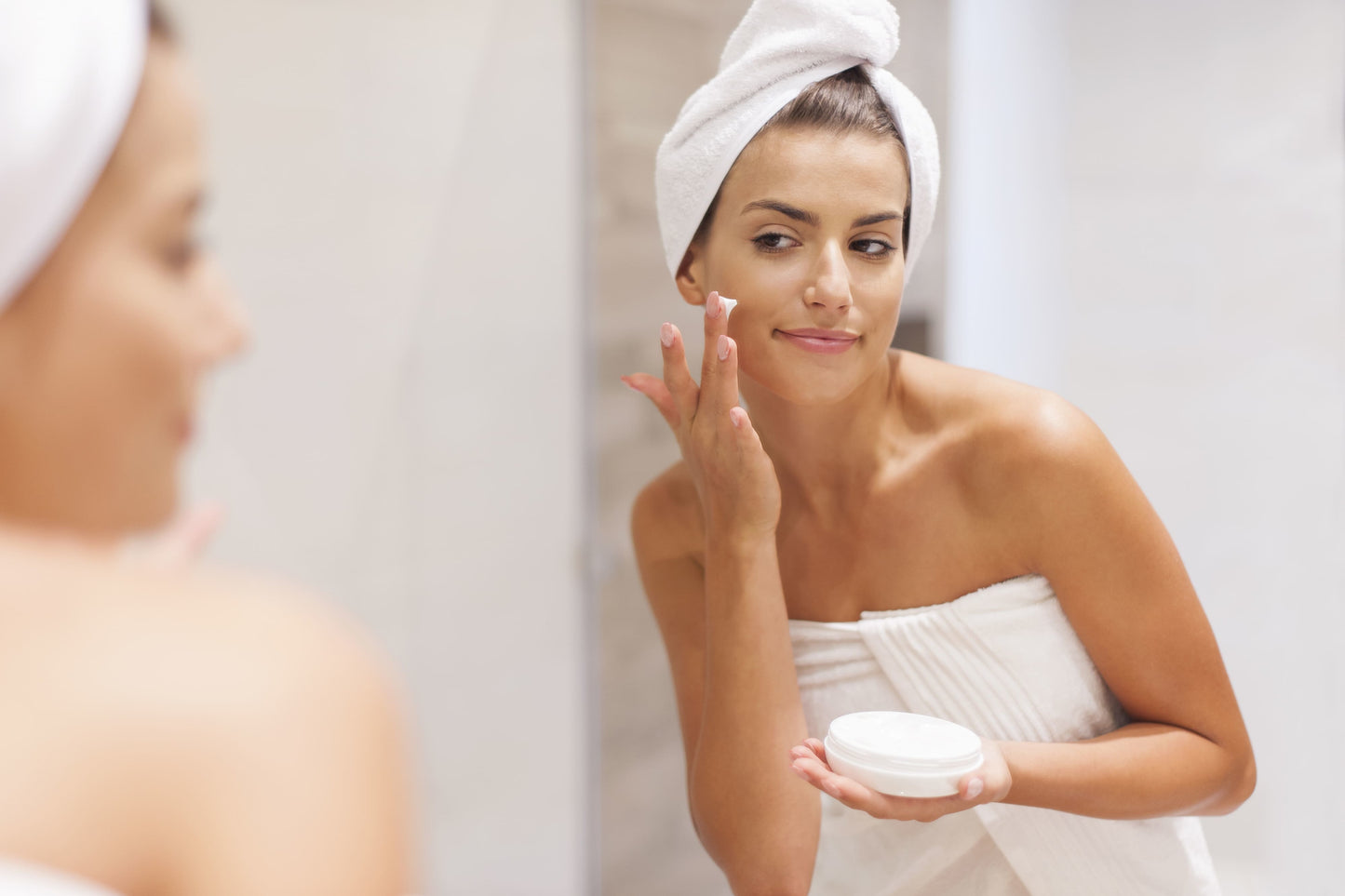
Comments
Muchas gracias. ?Como puedo iniciar sesion?